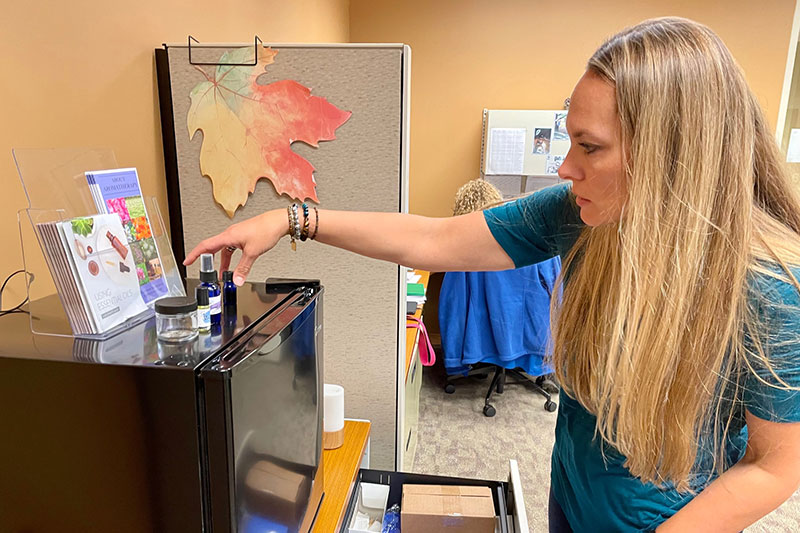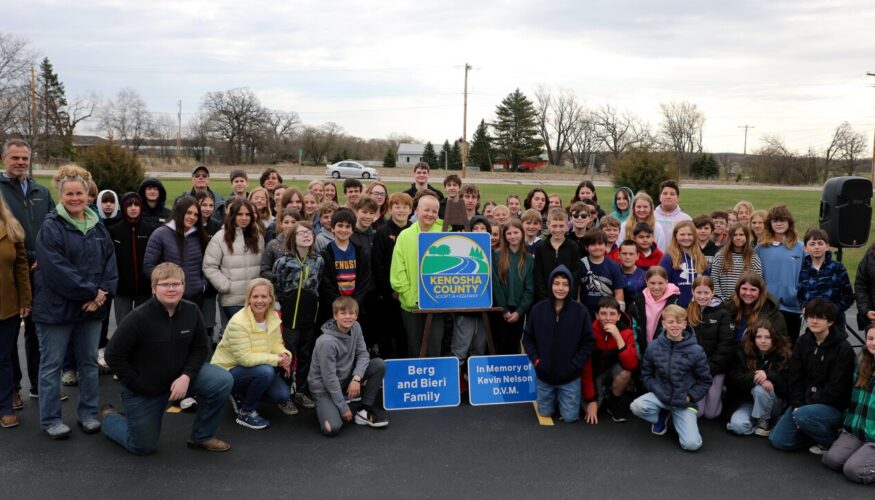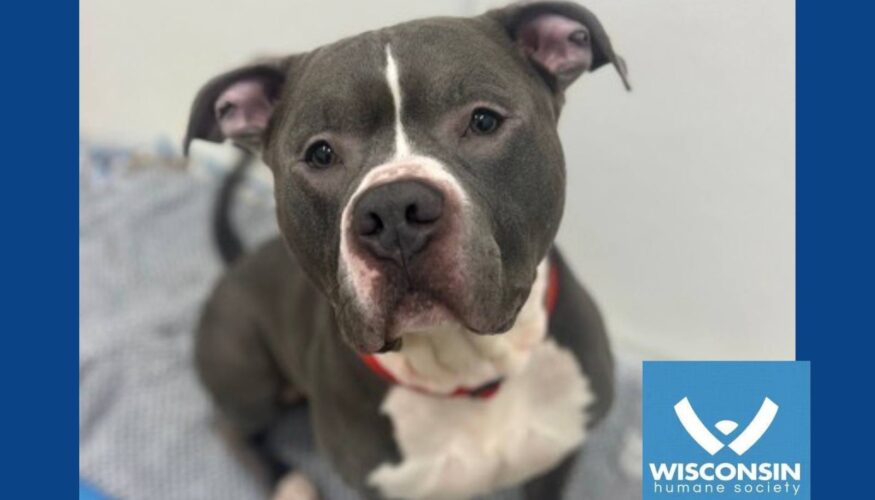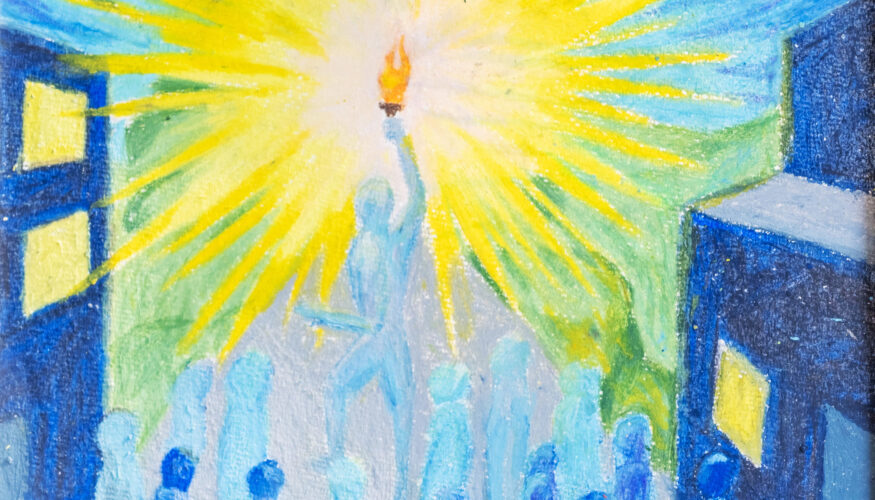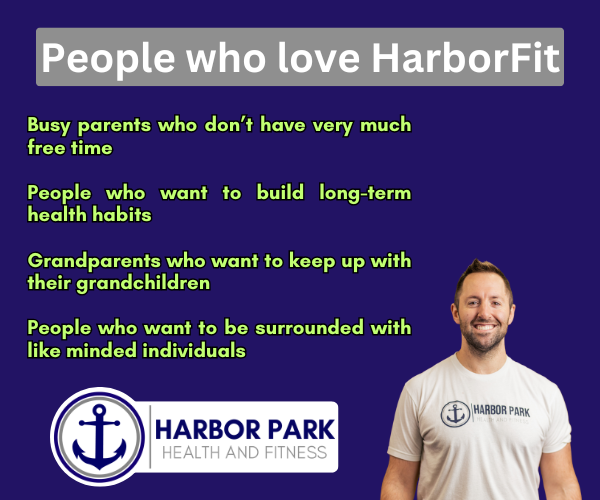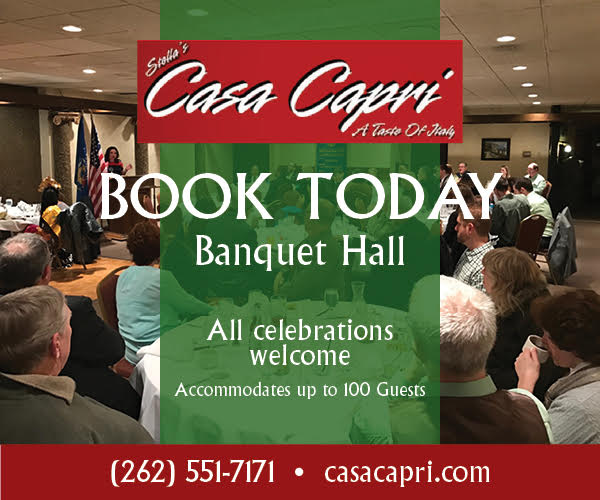PLEASANT PRAIRIE — A local hospice nurse is using aromatherapy to comfort those facing the end of life.
Nicole Pisani, 42, serves as the clinical team manager at Hospice Alliance, the nonprofit at 10220 Prairie Ridge Blvd. She’s also a certified aromatherapist and a registered member of the National Association for Holistic Aromatherapy.
“We get to use essential oils in our practice and help all the clinicians use oils with our patients,” Pisani said. “It’s my passion.”
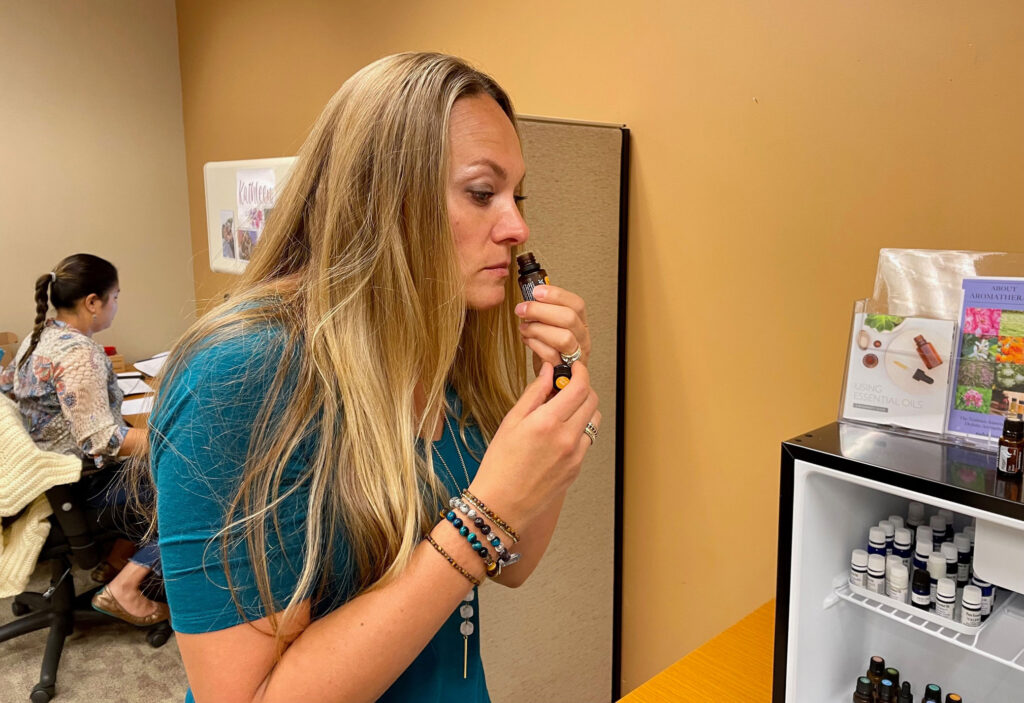
Hospice care focuses on symptom management rather than aggressive treatments — usually for patients with six months or less to live. Hospice is most often used when curative or aggressive medical treatments are no longer effective.
Hospice Alliance provides care at patient homes, assisted living centers and their on-site Hospice House. It recently marked its 40th anniversary.
“I went to nursing school because of hospice,” said Pisani, who served as a downtown Kenosha emergency department nurse from 2007 to 2019. She joined Hospice Alliance a couple years ago.
“The most common requests I get for aromatherapy are for mood.”
– Nicole Pisani, Hospice Alliance clinical team manager
“I was working in assisted living in college, and we had a contract with a hospice agency, and I was really inspired and blown away by the hospice nurses and decided that’s what I wanted to do when I grew up,” Pisani said. “I finished my nursing degree, ended up in the ER but always knew in my heart that at some point I would come back to the end of life,” she said.
Pisani began experimenting with essential oils about six years ago. When she transitioned to hospice care, she became certified and began managing its existing aromatherapy program. It’s a complementary therapy available to all Hospice Alliance patients.
“(Oils) can help in a lot of different ways,” Pisani said. “We can use oils to help with spiritual and emotional challenges at the end of life. We can also use them to help with physical symptoms. A lot of times at end of life we’ll have some patient with a physical symptom that we’ve tried multiple pharmacology interventions on and they’re not successful — that could be because it’s a manifestation of a spiritual or emotional thing, which we can’t use medicine to fix. It’s an alternative modality to help support that person in a completely different way.”
Oils can be used topically and through a diffuser. Some patients breathe them in with a personal inhaler for oils if they can hold it.
Pisani created her own blend called “transition” consisting of cypress, bergamot and wild orange.
“We can use oils to help with issues like feelings of anxiousness and sadness — or people who are really ‘stuck’ and having a hard time transitioning through the end of life,” she said. “We can use them for things like nausea. … We can use them for pain.”
For sleep, Pisani may recommend lavender, cedarwood or wild orange — the oil she uses most often.
“The most common requests I get for aromatherapy are for mood,” she said. “Obviously, people facing the end of their life, that’s a difficult thing, and we can help elevate the mood and the spirit.”
Pisani helps develop care plans with aromatherapy tailored to each patient. The clinicians facilitate the actual application use.
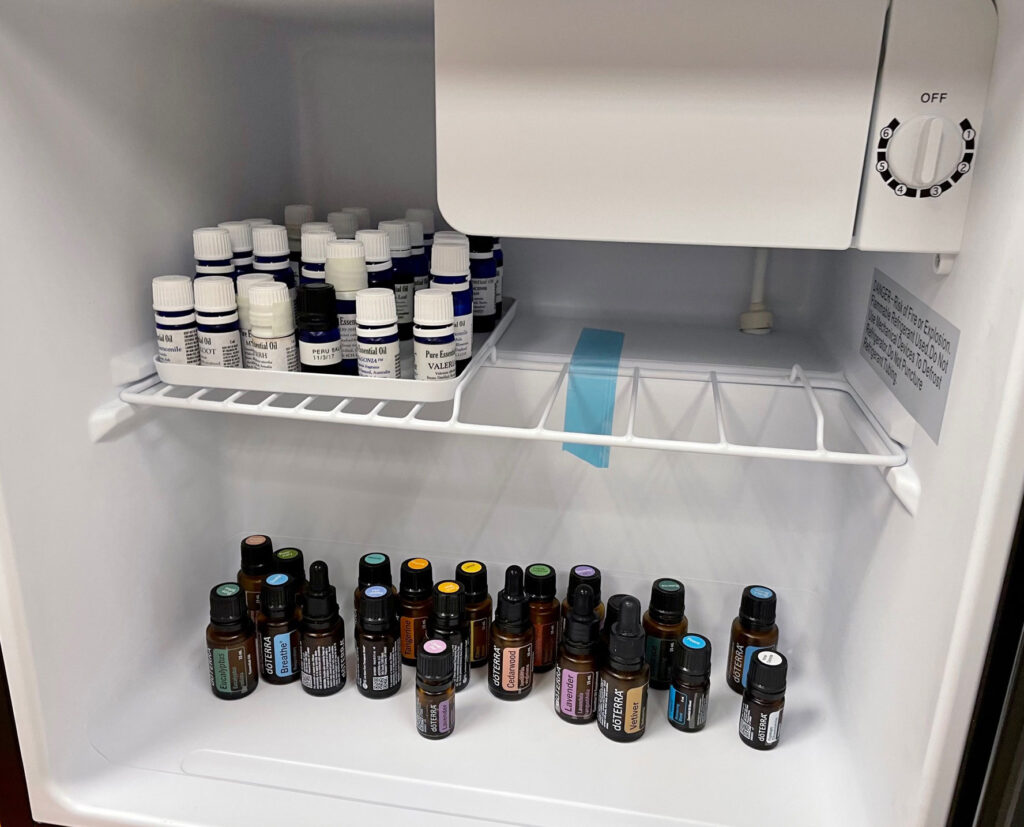
Pisani, who calls herself a “spiritual” person said chaplains of all faiths have taken advantage of her oils to help patients.
“Frankincense is an oil mentioned in the Bible. We use that here,” she said. “It’s very good for meditation, sleep and calming fear.”
Pisani said most people experience aromatherapy daily and don’t realize it.
“If you smell fresh brewed coffee and it makes you feel a certain way, or you smell cookies and it makes you feel a certain way, that’s aromatherapy,” she said. “If you think about any scent that has a memory that’s positive for you, you’ve experienced aromatherapy. … Our sense of smell is connected to the part of the brain where our emotions and memories are stored.”
Pisani recommends anyone purchasing essential oils investigate the producer and “know the sourcing and testing practices of the company.”
“I want to know it’s pure and unadulterated,” she said.
Rita Hagen, executive director of the hospice said, “hospice is a commitment to these types of therapies.”
“We believe in it and of course believe in (Nicole), too,” Hagen said.

